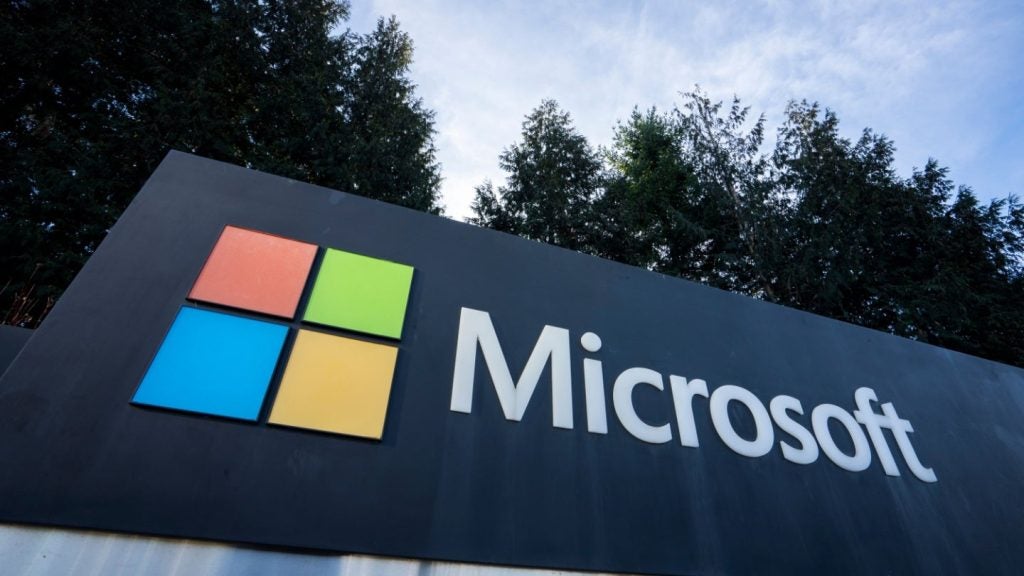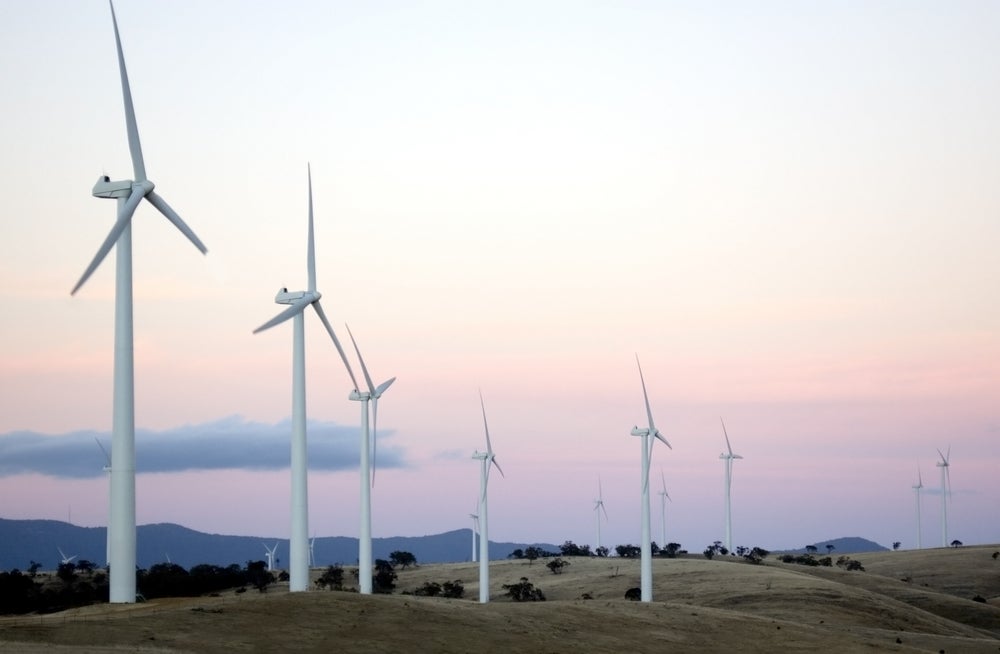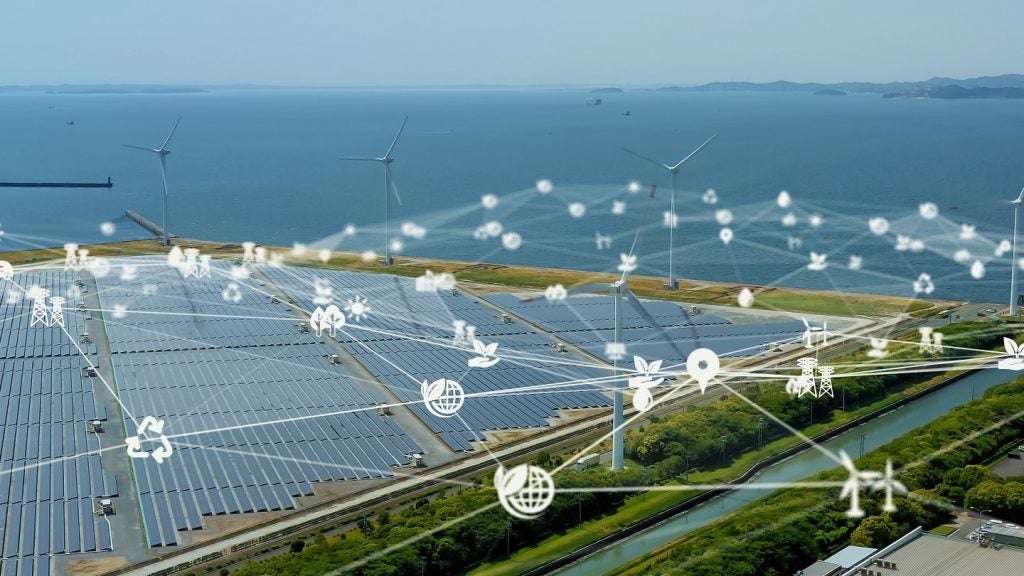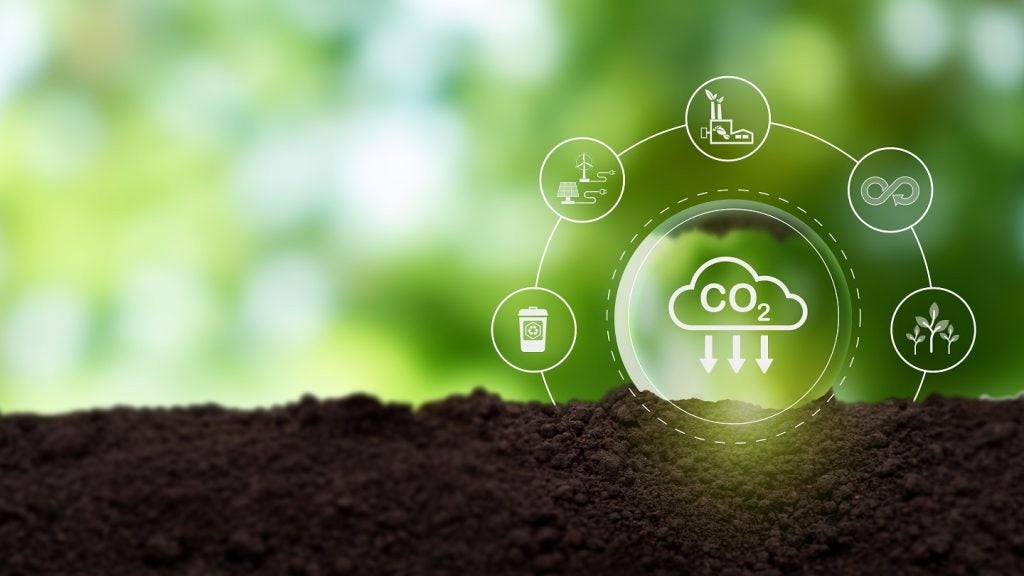In its 2024 sustainability report, Microsoft revealed that its overall Scope 1-3 emissions were up 29% from 2020. The company admitted that the majority of these emissions had risen as a result of its global data centre expansion.
Microsoft has already invested $5.8bn into data centre expansion in 2023 alone according to research and analysis company GlobalData. It has already increased this investment in 2024 to exceed $23bn.
In 2020, Microsoft committed to becoming carbon negative by 2030. But is this goal achievable alongside its growing push on AI?
In its sustainability report, Microsoft stated that carbon reduction would continue to be a focus for the company and that new data centres were being built with optimised support for AI cooling and compute needs.
Microsoft’s carbon emissions signal a wider problem
Dr. Leslie Kanthan, co-founder and CEO of software company TurinTech, described Microsoft’s sustainability report as a “wake up call” to the wider tech sector.
“As businesses rush to harness AI’s immense potential in products, processes, and services, from marketing to software to customer support, we can no longer ignore the technology’s massive environmental toll,” he said.
Kanthan stated that while many people acknowledge the huge environmental impact of processing data training, it is not a holistic view of AI’s full carbon footprint.
“AI’s carbon footprint doesn’t end at training; the emissions from ongoing inference to generate responses are also considerable,” he explained, stating that energy-efficient code would also be needed to create eco-friendly AI.
“As AI rapidly permeates every industry, companies must leverage innovative optimisation solutions to ensure GenAI delivers on its game-changing potential responsibly and sustainably,” he concluded.
Can AI help achieve Net Zero?
However, Microsoft’s sustainability report also centred AI as a tool in achieving its carbon goals.
The report identified that AI could be used to accurately map climate change, accelerate sustainable battery development and efficiently capture carbon emissions.
Microsoft also previously published a whitepaper in November 2023 outlining a five-point playbook into how AI can be used to benefit the environment.
While its initial investment and data centre construction may have immediately increased Microsoft’s carbon footprint, the long-term payoff of AI could help speed up its commitment to carbon reduction in the future.
Mauro Cozzi, CEO of carbon management platform Emitwise, told Verdict that it could be short-sighted to suggest that Microsoft’s AI investment would continue to increase its emissions.
“Microsoft’s emissions increase is primarily due to its rapid growth, not AI investments,” he explained, stating that it was important for companies to continue to invest in AI for global sustainability efforts.
Additionally, Cozzi suggested that the focus around Microsoft’s increased emissions may be misplaced.
“Rather than headlines focusing on Microsoft and its investment in AI, we’d like to see more attention directed towards decarbonising traditional industries like cement and steel,” Cozzi stated.
“In fact, Microsoft deserves praise for taking proactive steps in addressing its supply chain emissions and promoting sustainability reporting among suppliers,” he concluded, “This is what is truly essential for achieving sustainability goals.”
Microsoft’s sustainability report details a number of partnerships it is part of, including one with the University of Washington to offset the carbon footprint of concrete.
The concrete industry currently accounts for 8% of the world’s total greenhouse gas emissions, with 80% of that segment attributed to cement. Microsoft is conducting machine learning experiments with the University of Washington to generate formulas for concrete that use less cement while still meeting strength requirements.
AI and cloud markets driving up carbon emissions
Microsoft is also not alone in its pursuit of AI.
By 2030, GlobalData forecasts the total AI and cloud markets to be worth over $1,037bn and $1.4trn respectively.
A 2024 survey conducted by GlobalData suggested that 27% of businesses who responded already had a high adoption rate of AI into their workflows.
Demed L’Her, chief technology officer at data management business DigitalRoute, explained the relationship between growing AI and cloud usage and the environment.
“The move to AI and the cloud, and our increasing reliance on digital services, are fuelling an increase in use of energy and carbon emissions,” he began, “However, they are also commanding a much better use of resources. The concentration of computing power in fewer places has accelerated the demand for greater efficiency, storage density and cooling ability.”
L’Her stated that a vast majority of the progress made in data centre infrastructure was down to genuine environmental concerns held by businesses.
“Organisations can build in green measures which will limit the amount of digital waste created and bake in expiry dates by which dormant data will be deleted,” he continued.
While Microsoft’s initial upfront investment into AI may have increased its emissions this year, it is still too early to determine if it has derailed its carbon reduction commitments.














